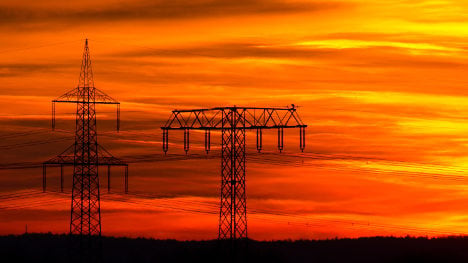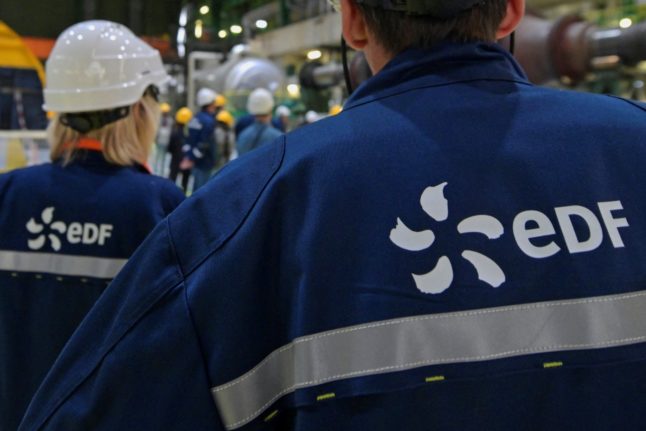Germany imposes a surcharge on electricity bills to support renewables amid its nuclear phase-out, but reduces this levy for energy-intensive companies that face international competition.
The European Commission said its enquiry, announced on Wednesday, followed "numerous complaints … from consumers and competitors" and would assess whether the discount amounted to state aid.
But Merkel denied that the rebate distorted competition and said that scrapping it would hurt German businesses and cost jobs in Europe's largest economy.
"As long as there are European countries where industrial-use electricity is cheaper than in Germany, I can't see how we are contributing to a distortion of competition," she said.
The Commission said in a statement that "the surcharge reduction for energy intensive companies appears to be financed from a state resource".
Furthermore, the "reductions seem to give the beneficiaries a selective advantage that is likely to distort competition within the EU internal market".
The Commission would therefore "carefully examine whether the reductions for energy-intensive companies could be justified and whether they were proportionate and did not unduly distort competition".
The EU executive said it also had concerns over the lower surcharges offered to German energy suppliers sourcing 50 percent of their electricity from domestic sources.
"This seems to discriminate between domestic and imported electricity from renewable sources," it noted.
The opening of an in-depth enquiry allows third parties to comment but it does not prejudge the outcome of the investigation.
The Commission launched a first enquiry earlier this year into the legislation which dates from 1998 but was revised last year after Germany abandoned nuclear energy in the wake of the 2011 Fukushima disaster.
German Industry Federation president Ulrich Grillo warned that "the abolition of the relief for energy-intensive companies would mean the sudden end for many businesses and for thousands of jobs".
Merkel, who started a third term Tuesday at the head of a coalition with the Social Democrats, has vowed broad reforms to green energy laws to cap the rising cost of the German energy transition.
Addressing parliament, she said Berlin would work closely with the Commission but stressed that it would "make clear that Europe will not be made stronger by threatening jobs in Germany".



 Please whitelist us to continue reading.
Please whitelist us to continue reading.
Member comments